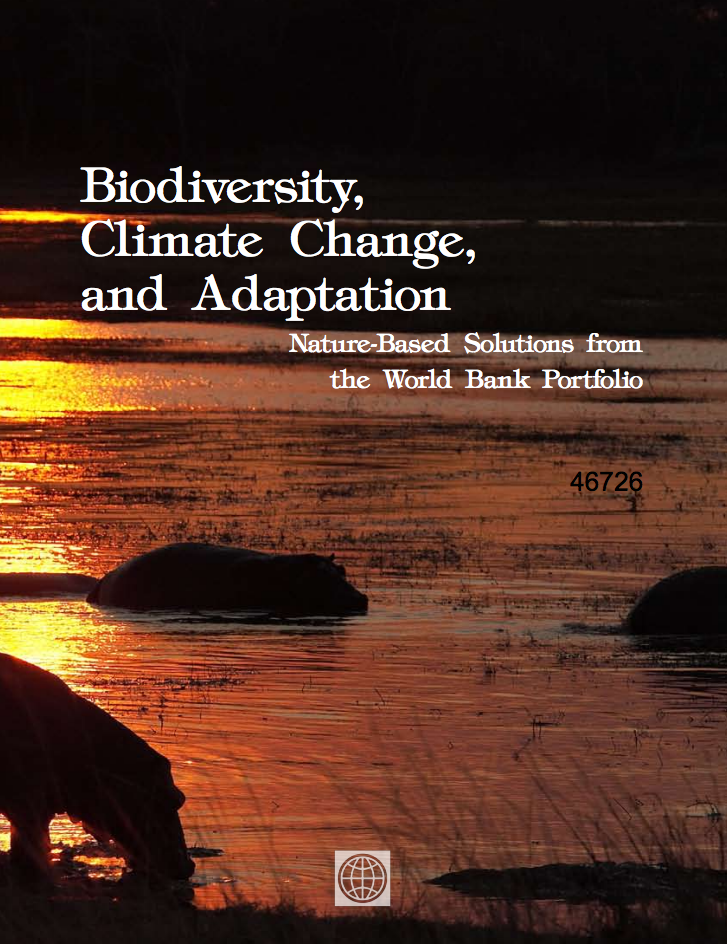Review of Environmental, Economic and Policy Aspects of Biofuels
The world is witnessing a sudden growth
in production of biofuels, especially those suited for
replacing oil like ethanol and biodiesel. This paper
synthesizes what the environmental, economic, and policy
literature predicts about the possible effects of these
types of biofuels. Another motivation is to identify gaps in
understanding and recommend areas for future work. The
analysis finds three key conclusions. First, the current


